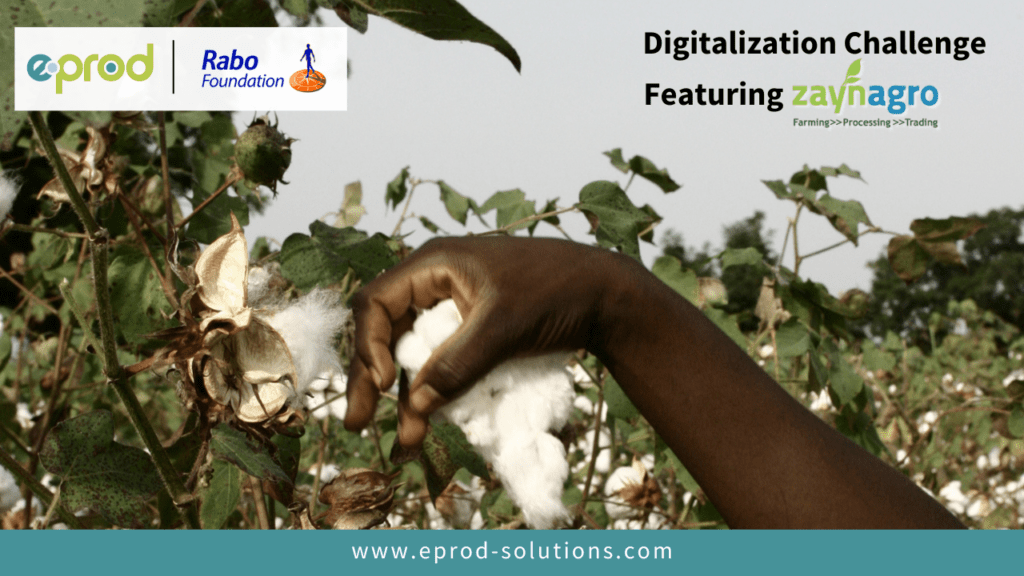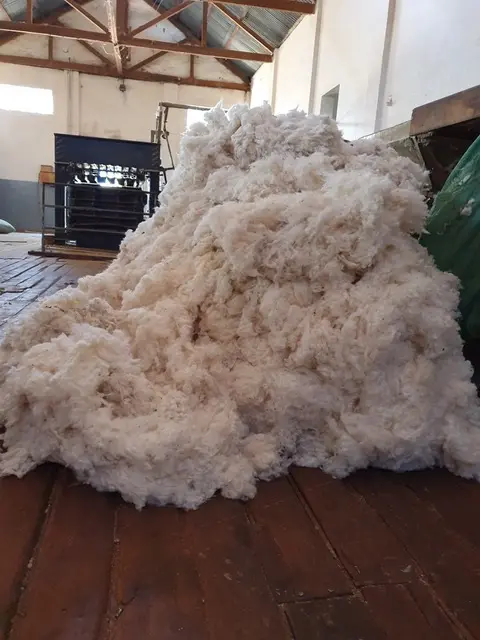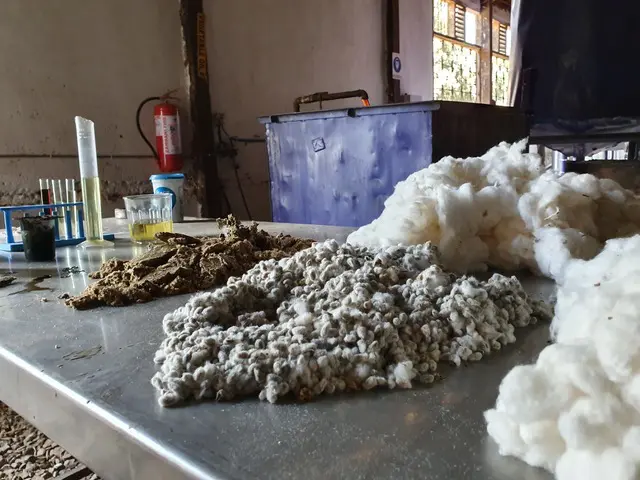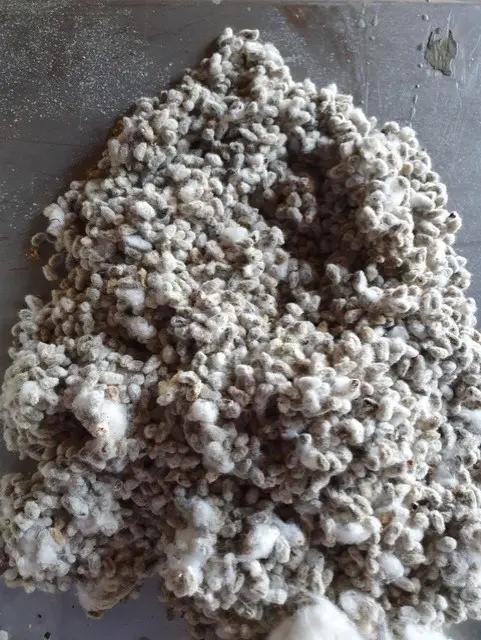
Featuring Zayn Agro
Cotton is this amazing, versatile product that we find in many forms in our daily life. Yet, even though everyone knows its use within the clothing industry, it is often forgotten that the cotton plant does not only yield lint but also seeds that are used for the production of edible oil, biofuel and animal feed.
The fiber is derived from cotton lint. Cotton seeds though are crushed to yield cholesterol-free oil that is used primarily in cooking and as an ingredient in cosmetics, pharmaceuticals, and personal care products, not to forget other industrial uses such as plastics and rubber. Cotton seed in form of cake produces a protein-rich diet that is used in livestock and poultry feed. With the increased use of cottonseed in various industries, the market is expected to witness high growth during the forecast period according to the Global Cotton Market Report.
As such, cotton plays an important role in the agricultural sector. It is traditionally a smallholder farmer crop. With the latest changes in the international markets, and there amongst others the need for compliance whether this is to meet standards (organic, fair trade) but also with the international supply chain laws digitalization of the cotton value chain becomes increasingly important. eProd has been used as a solution for the sector.
From Beads to Cotton
Zayn Agro, established in 1935, is a fourth-generation cotton ginnery with deep roots in the farming community in Kitui, Kenya. The original founder, a trader of beads and other products from India, following the missionary routes to inland Kenya, came across Kitui along the 3rd Missionary route. Here he saw an opportunity to venture into agriculture and fueled further by an increase in demand for clothing during the 2nd world war, and the cotton ginning business was born.
Zayn Agro works currently with over 7,000 small-scale farmers contracting them to produce cotton and assisting them to diversify income from Mung Bean and Chickpea. Interestingly, while the farmers are predominantly male, women are the financial decision-makers and are majorly running the show. Approximately 30-40% of the farmers Zayn Agro works with are women.
After the harvest the cotton is processed into lint then yarn and sold to fabric makers. In an eco-friendly stance, Zayn Agro began refining oil from cotton seed, producing edible oil and biofuel, a venture the company started in 2011. The biofuel powers the factory, the company vehicles, is sold locally, and is also used to power the pumps that irrigate the cotton fields.
Zayn Agro’s Digital Transformation
eProd Solutions, in partnership with Rabo Foundation, launched a Digitalization Challenge that is currently supporting 10 SMEs in Kenya, Uganda and Tanzania to digitalize their operations. The program’s aim is to onboard 10 companies to a modern Supply Chain Management software system to improve their organization’s operational efficiency. The one-year program has already seen the companies report an increase in operational efficiency, clarity about the business’ position, and they can now analyze and plan their production better. Zayn Agro is one of the beneficiaries of this Digitalization Challenge.
“We applied for the Digitalization Challenge, an opportunity to improve our digital transformation and social impact. Since the initial eProd training, we’ve made tremendous changes to our operational efficiency and have solved a couple of issues that were pain points for us”, said Taher Zavery, CEO of Zayn Agro.
“One of the main challenges that the company faced was managing its farmers’ loan portfolio effectively. We were losing a lot of money due to defaults and delinquencies, and the recovery process was costly and time-consuming. We also lacked visibility into the performance and location of our borrowers, which made it difficult to assess their creditworthiness and risk profile. We issue our farmers loans in input and cash loans (seeds, treatments and sometimes cash advances on expected yield). As a result, we were not able to lend to the farmers who had a good track record and a high potential for growth. This created a lack of clarity and confidence on how to scale the business, and we were at a high risk of losing more money in the future”.
To summarize, Zaher mentioned that with eProd, Zayn Agro is now in a position to analyze this data to find patterns, trends, and insights to optimize operations and increase their impact.
Furthermore, Zayn Agro is working with a network of lead farmers whom they equipped with tablets for data collection. “We would send an officer to assess the infestation, come back to the factory and send back the correct treatments. With our farmers spread over a large area, and being distances away from the factory, this would take days to address, and in most cases, the infestation would be too far gone to save the crop. Today, our lead farmer shares a photo and details of the infestation and sends it to the office team. We assess and issue the treatment immediately and record the incident on the eProd system. This way we have a record of areas prone to infestation, the treatment applied, where and when it was applied and the resulting yield at the end of the season”, according to Taher.
“Last but not least, we also monitor weather patterns and advise our farmers, for example, when we’re recommending the use of our water pumps to supplement low rainfall. The messaging feature on the eProd system will allow us to communicate with our farmers in specific areas, or as a whole group and share weather information, notices and farming advice. It’s a great feature that will make communication fast and easy, especially when reaching out to a large pool of farmers who are scattered over vast distances”.
In addition, Taher says that another challenge they face as a company is gathering information from our farmers, who are often suspicious and reluctant to share their personal information with us. They may wonder why we are asking for their ID, their telephone number, or their crop data. To overcome this barrier, they have created a network of farmer ambassadors, who are trusted members of their communities and who can communicate that what they are doing is okay. They can also show them videos from eProd, where the farmers can see the benefits of working with us. For example, they can get information on loans management, better crop practice, and eventually, higher prices for better quality crop. By engaging them better and making sure they don’t lose their crop, we can establish a stronger connection with the farmers and make them feel like a family.
The Zayn Agro team emphasized that they are grateful for the opportunity to work with eProd and the RABO Foundation, who have supported the company in their journey. Already now, only eight months down the process, they have made significant progress and achieved remarkable results. “We are confident that this partnership will continue to bring us positive outcomes and help us reach our goals. We look forward to the future with optimism and enthusiasm.” Taher Zavery CEO, Zayn Agro.
If you too, are looking to digitalize your operations, and improve your supply chain operations, reach out to us at for a demo: info@eprod-solutions.com or call us on +254 708 385 579.




This is very interesting , and a very powerful tool for SMEs , Digitisation is the way to go. I wonder how much small SMEs, may be working with very few smallholder farmers can benefit from this program?